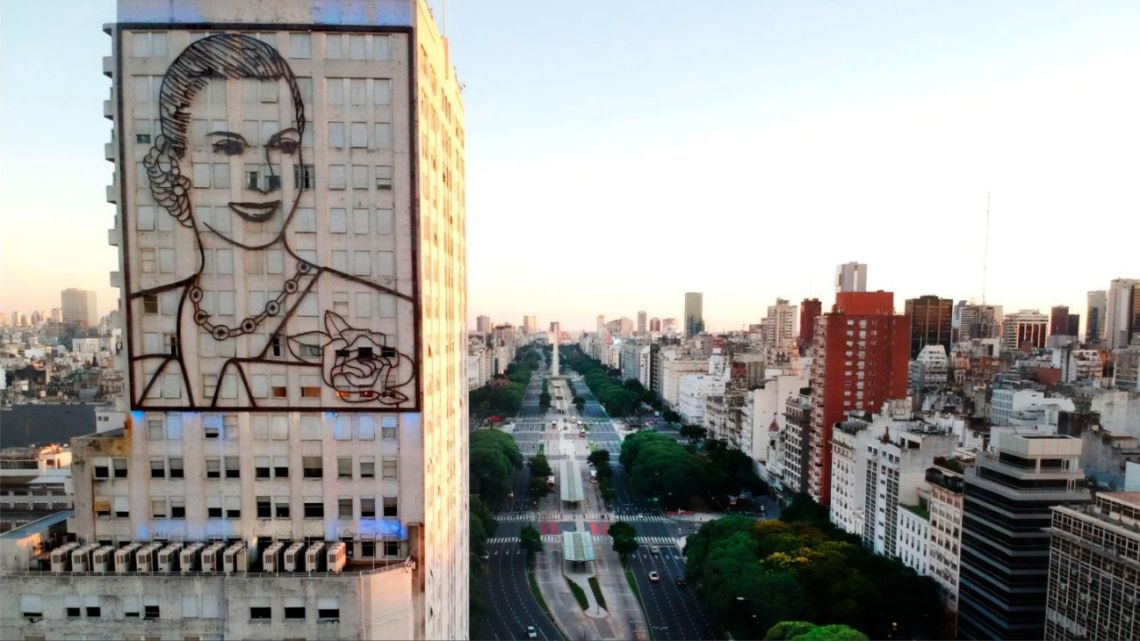On November 20, 2024, Mali’s transitional president, Colonel Assimi Goïta, fired Prime Minister Choguel Kokalla Maïga and his entire government.
This wasn’t just another political shake-up. It’s a clear sign that the military is tightening its grip on power, and it has serious implications for Mali’s future.
Maïga’s dismissal didn’t come out of nowhere. He had publicly criticized the military for sidelining him in key decisions, especially when they postponed elections without even consulting his government.
His frustration boiled over in a speech just days before he was sacked, where he made it clear that he was tired of being left in the dark. The military didn’t like that.
This isn’t just about one man losing his job. It’s about a bigger fight over who controls Mali’s future—civilians or the military. After two coups in less than two years, Malians were promised a return to democracy.
 Mali’s Power Struggle: Why the Dismissal of Prime Minister Maïga Matters. (Photo Internet reproduction)
Mali’s Power Struggle: Why the Dismissal of Prime Minister Maïga Matters. (Photo Internet reproduction)But with elections repeatedly delayed and now Maïga out of the picture, it’s becoming clear that the military might not be so eager to give up power.
Why should you care? Because this isn’t just a local issue—it affects the whole region. Mali is already one of the poorest countries in the world, with 90% of its population living below the poverty line.
Political instability only makes things worse. Inflation is rising, basic services are crumbling, and people are getting fed up. If things keep going this way, we could see more unrest, more protests, and possibly more violence.
The military’s decision to withdraw from ECOWAS (the Economic Community of West African States) has also isolated Mali from its neighbors.
Without regional support or international investment, the country’s economic situation could spiral even further out of control. Maïga’s removal is a wake-up call. It shows that Mali’s transition to democracy is in serious trouble.
The military is consolidating power while ignoring calls for transparency and civilian oversight. If this continues, it could have lasting consequences not just for Mali but for West Africa as a whole.
In short: Mali is at a crossroads. The military seems determined to hold onto power, but at what cost? The stakes are high—for democracy, for economic stability, and for the future of millions of Malians.

 By The Rio Times | Created at 2024-11-20 20:53:50 | Updated at 2024-11-22 02:25:04
1 day ago
By The Rio Times | Created at 2024-11-20 20:53:50 | Updated at 2024-11-22 02:25:04
1 day ago








